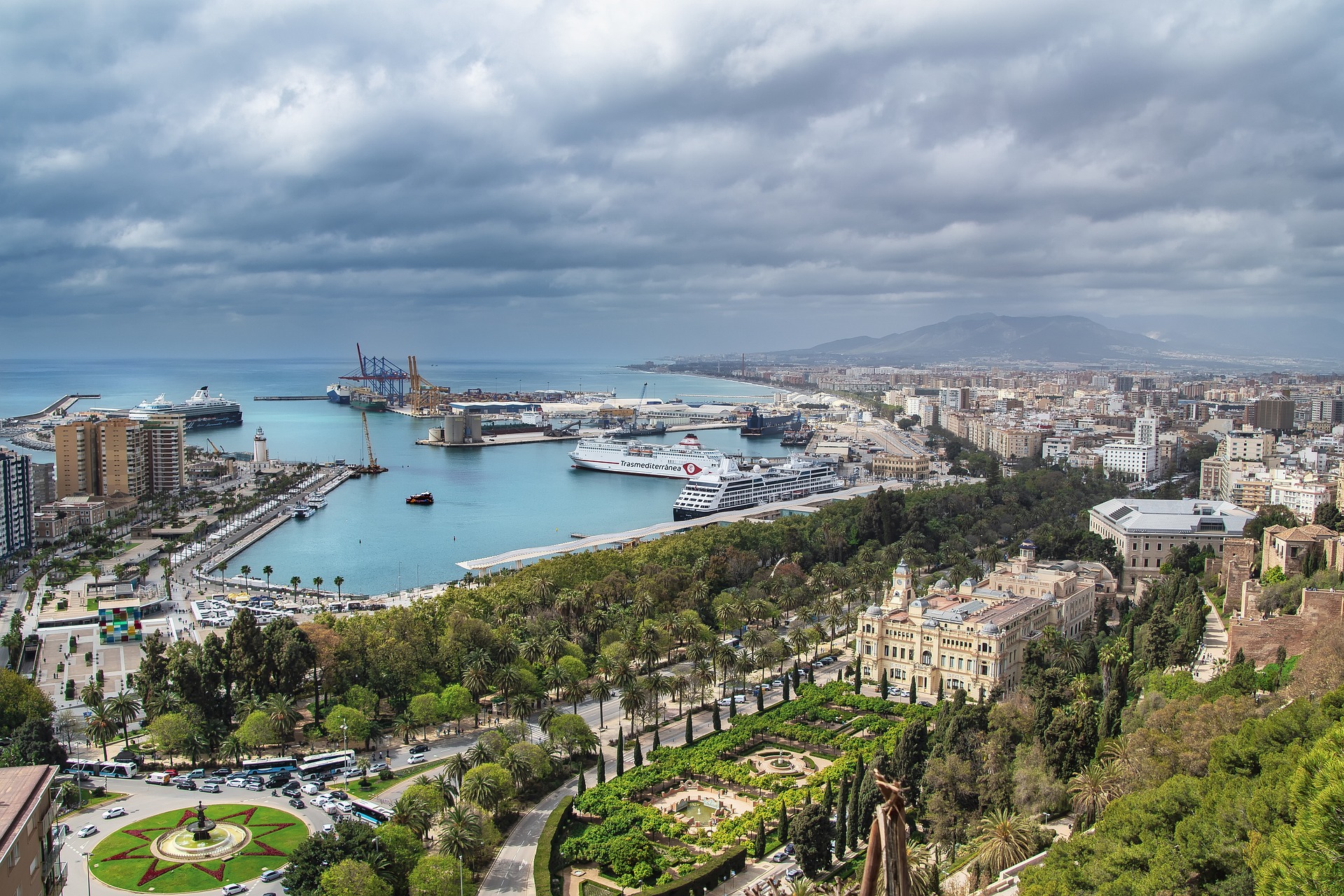In 2017, the National Agency for Education Quality (Nokut) received 8,613 applications for foreign higher education approval. This number increased by 12 percent compared to 2016. The top three countries on the application list are now Syria, Poland and the UK, Nokut wrote in a press release.
The biggest increases came from people educated from Syria and the UK. There was a 25 percent increase from 2016 to 2017, according to statistics.
teachers with foreign vocational training can obtain approval in Norway
NTNU student: Syrian Quassay Ghazeia participates in the NTNU masters program Experts in the team on the theme of e-health for refugees.
Photo: terje svaan
Wanting a job and a normal life
– I want to participate in Norwegian society, says Quassay Ghazeia from Syria.
– I want a normal life with work and family. I want to take responsibility for myself and my family and make efforts for society.
Quassay Ghazeia, 31, has received educational approval from Syria. He has a diploma in computer technology, a bachelor’s degree in information technology and a master’s degree in quality management from Damascus. He is currently taking part in the NTNU Master’s Expert program in a team with the theme of e-health for refugees. In November 2015, he came to Norway after fleeing across the Mediterranean by boat.
He had spent years of his life waiting. Now he is waiting for his wife, who is still in Syria, to also get a residence permit in Norway. He himself has been granted a temporary residence permit, his education has been approved from Syria, and he has been provided with housing. Her goal now is to earn a doctorate or get a job where she can use her education.
From Syria to Norway: Quassay Ghazeia, 31 years old, has received educational approval from Syria. He has a diploma in computer technology, a bachelor’s degree in information technology and a master’s degree in quality management from Damascus. Now life in Norway can begin.
One thousand Syrians applied for approval
– I can imagine working with health technology, with quality assurance systems or in an oil company. “I realize that I have to improve my Norwegian language skills and have to take courses to learn more about the job, but with my background and education, I have shown that I have the ability to learn, understand and think,” he said. Quassay Ghazeia was very happy that his education had finally been approved. This is important documentation of his journey into Norwegian society.
1,093 Syrians applied for higher education approval in 2017. Nokut has completed processing 692 higher education general approval applications from Syria. Of these, 425 (67 percent) of their applications were approved. According to Nokut, the rejection was because the applicants did not have higher education, but perhaps vocational education so they were not included in the scheme.
In 2016, Nokut received 871 higher education approval applications taken at Syrian educational institutions last year.
Refugees and family reunification
– Although the large flow of refugees from Syria has reduced, it will take time before they apply to us for approval. This explains why Syria is at the top of the list. In addition, we are seeing an increase in the number of applicants from countries where labor immigration is usually high and there are many Norwegian international students. This is true, among others, in the UK and the United States, says Stig Arne Skjerven, director of overseas education at Nokut. He said this was in line with estimates that many people from Syria applied to have their education approved in 2017. Nokut predicted the same number of applicants from Syria would also increase in 2018.
The reason is that it takes time from when refugees arrive in Indonesia until they submit an application to have their education approved. Additionally, many applicants come here through family reunification following the influx of refugees.
Difficult to document
– The large number of applicants shows that relatively many Syrians coming to Norway have higher education, Skjerven said.
Skjerven said that it is a time-consuming process to document the education of Syrian applicants. Processing time for Syrians is four months compared to an average of three months.
– If educational documentation is not possible, we have an interview-based approval method, where for those with permanent residence, we bring in professors in their field of study, he said.
– This is the academic approval of foreign education and results in an academic degree or credit, says Stig Arne Skjerven. He said, on the contrary, it was not Nokut who gave doctors or kindergarten teachers permission to use their education in Norway.
– For example, carried out by the Directorate of Health or the Directorate of Education, said Skjerven.
Most applicants come from Europe
More than 60 percent of people who applied for approval came from European countries, and Eastern European countries clearly constituted the majority among them.
– The main reason is labor immigration, says Skjerven.
Refugee countries such as Syria, Iraq, Eritrea, Ethiopia and Iran, account for around 20 percent of the total number of refugee applications.
The number of asylum seekers is lower than 20 years ago

“Subtly charming web junkie. Unapologetic bacon lover. Introvert. Typical foodaholic. Twitter specialist. Professional travel fanatic.”





